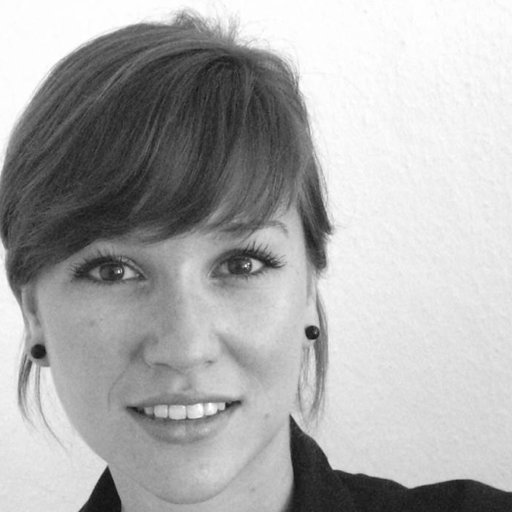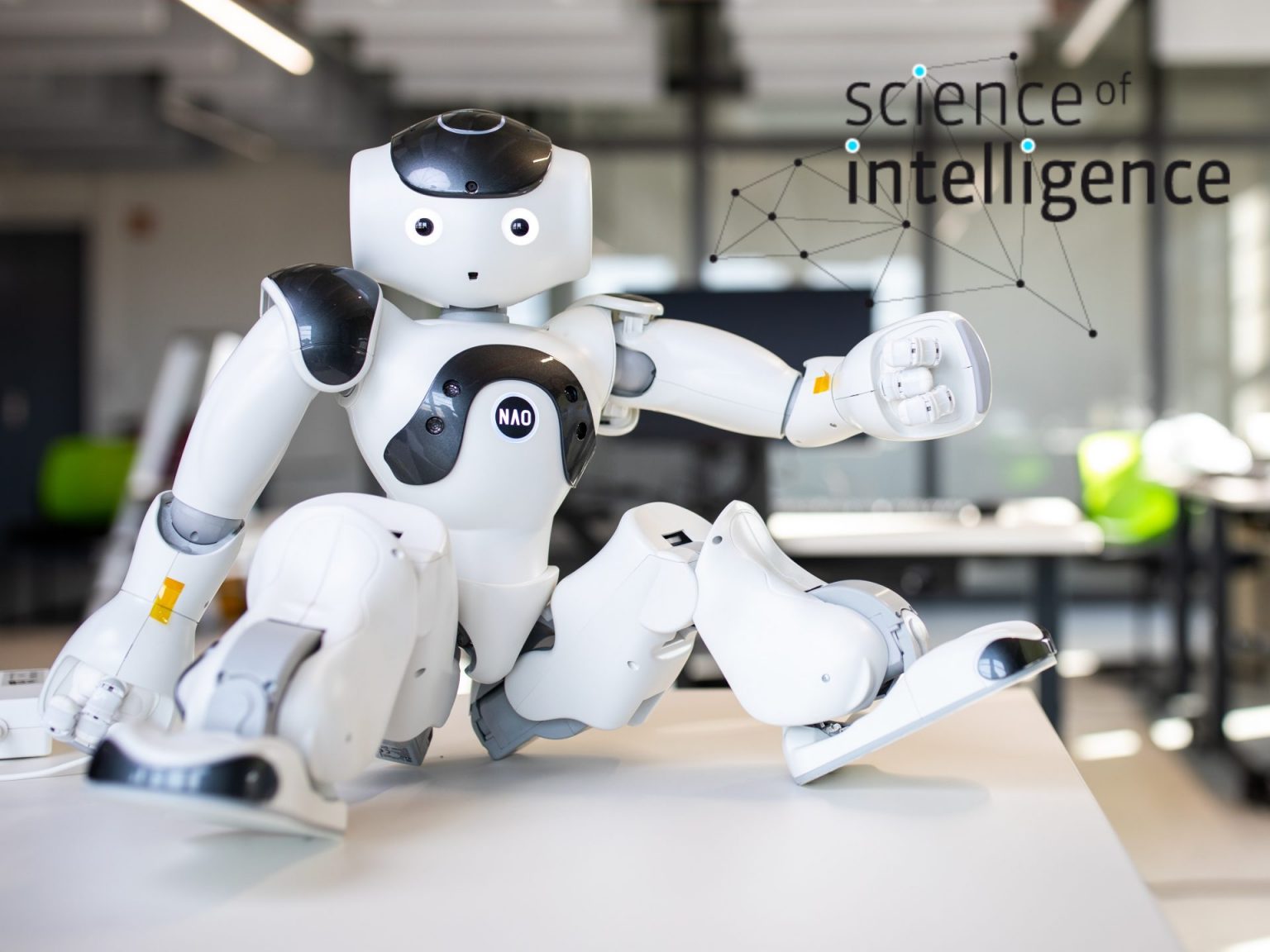
Marianne Maertens (Event Takes Place at MAR at 2pm), “Smart Mechanisms in Visual Perception”
More details to follow.

More details to follow.

Abstract: Collective behavior, as exhibited by bird flocks, fish schools or insect swarms, is a fascinating example of self-organized behavior in biology. Mathematical models of flocking were key for the development of our current understanding on how complex complex group-level behaviors may emerge from simple local rules of interaction of close-by individuals. In this lecture

Abstract: Anthropomorphic robot features are intended to trigger the activation of social scripts from human-human interaction, thereby offering an intuitive approach to interact with robots. Whereas this seems to be a valid design option for the social domain leading to an increased acceptance of robots, trust and willingness to interact, other domains of human-robot interaction

This Thursday 15 September (2-5pm) is SCIoI’s Open Day! On this day, SCIoI offers visitors the chance to catch a glimpse of our cluster, its activities, and open positions. During our Open Day, prospective applicants as well as other interested persons can visit the cluster, have a (virtual or physical) look around the spaces and

Abstract The collective behaviour of animals has attracted considerable attention in recent years, with many studies exploring how local interactions between individuals can give rise to global group properties. The functional aspects of collective behaviour are less well studied, especially in the field and relatively few studies have investigated the adaptive benefits of collective behaviour

Abstract: The brain is a complex dynamical system with processes operating on different spatial scales. At the macroscopic end one observes global dynamical phenomena, which are called „brain states“ and which are often acompanied by oscillations in different frequency bands or by specific functional connectivity patterns between populations of neuron. A common hypothesis states, that

Many claims have been made that machine intelligence could make humans superfluous in the near future. Today this claim is largely seen as overstated, but it is still important to assess the relative strengths of human versus machine cognition. This talk will take place in person at SCIoI.

Abstract: Sense of agency (SOA) refers to the experience of controlling one’s own actions and corresponding effects. Social agency refers to SOA in situations where other social agents are involved. This can refer to situations in which we act together or in the presence of other agents or to situations where we control the behaviour

More details to follow.

Consensus algorithms are routinely employed in a variety of multi-agent scenarios. They require that each agent iteratively evaluates a multivariate function of its neighbours’ information states. If a wireless communication channel is used, this is typically implemented through protocols (such as TDMA – Time Division Multiple Access) that avoid superposition of transmitted signals by assigning each transmitter its own

We take varying perspectives to the state of the art in Computer Vision: e.g. from SCIoI, disciplinary and interdisciplinary viewpoints. Sampling from the multi-modal state vector distribution, we inspect currently exciting developments: e.g. the integration of computer vision and language processing, the use of biological principles in synthetic systems, and self supervision. Generalizing from the

Abstract: Visual perception is shaped by the input from our physical environment and by expectations derived from our sensory experience with the visual world. But is what we see also influenced by higher cognitive capacities such as memories, language, semantic knowledge or (true or false) beliefs? And if so, what are the consequences on how